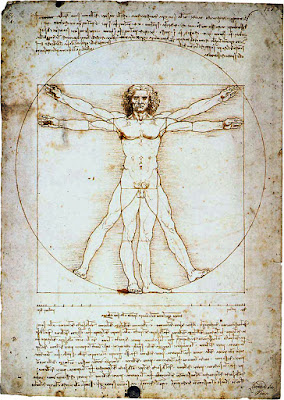Beyond vocationalism: reflections on general education and technology

As we learn to live through the pandemic, during which work and professions have been transformed through the use of information technology, the question of what effect technology will have on post-pandemic jobs has been raised again and again. Books that explore AI and humanity have come thick and fast; how we educate a new generation of workers has received a lot of attention too. There is much speculation whether this time, it will be different - and if there is anything to be found in our past experience with technological change. I work in the faultline of this change and the object of my work has been to enable workers take advantage of technology. In a way, this is the less attractive end of education: This is not about groundbreaking research or completely novel ideas, but rather equipping the middling workers with skills to take advantage of technologies. I shall claim that this no less crucial in economic growth and progress - as without the skilled workers, the benefits...